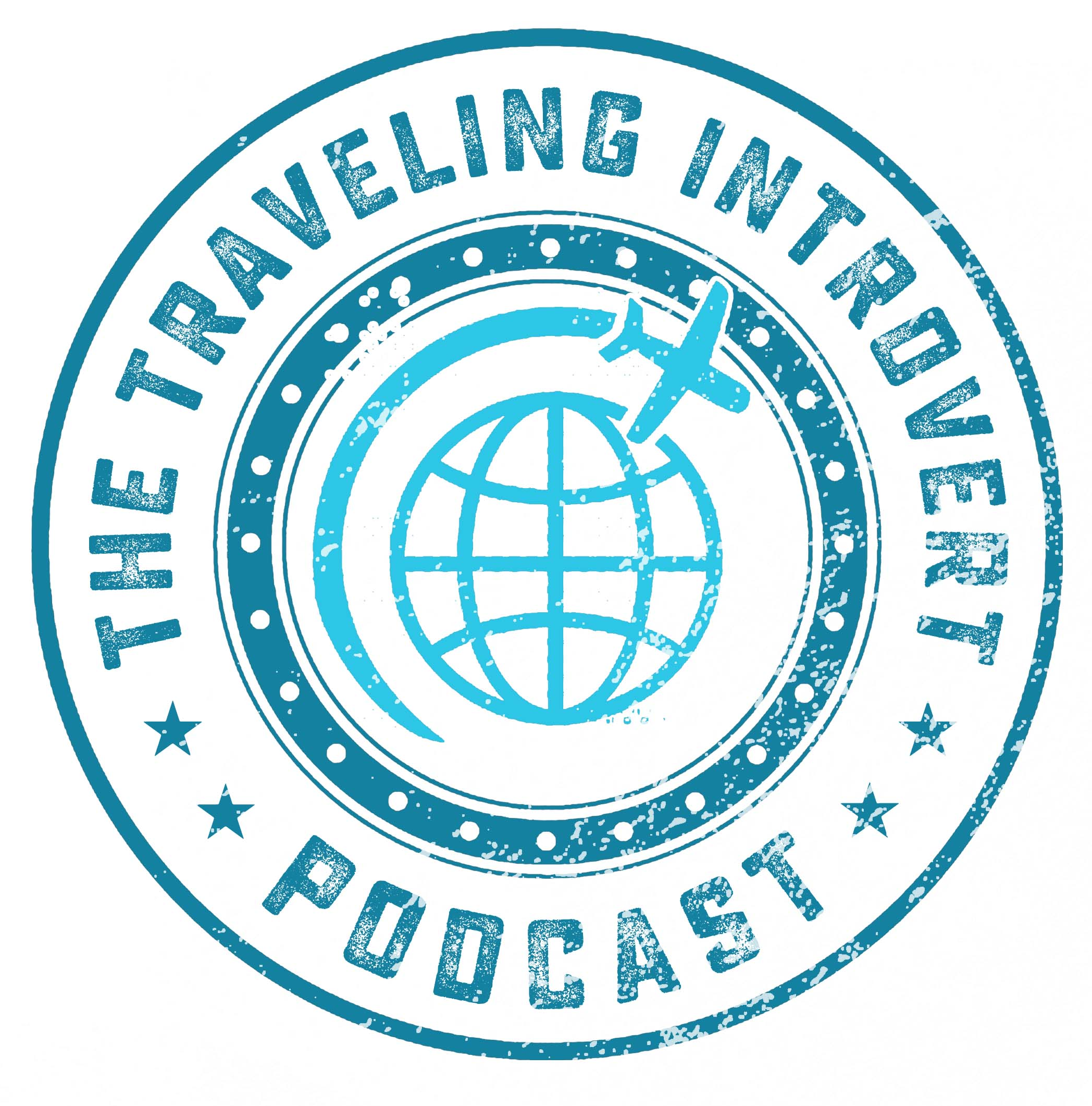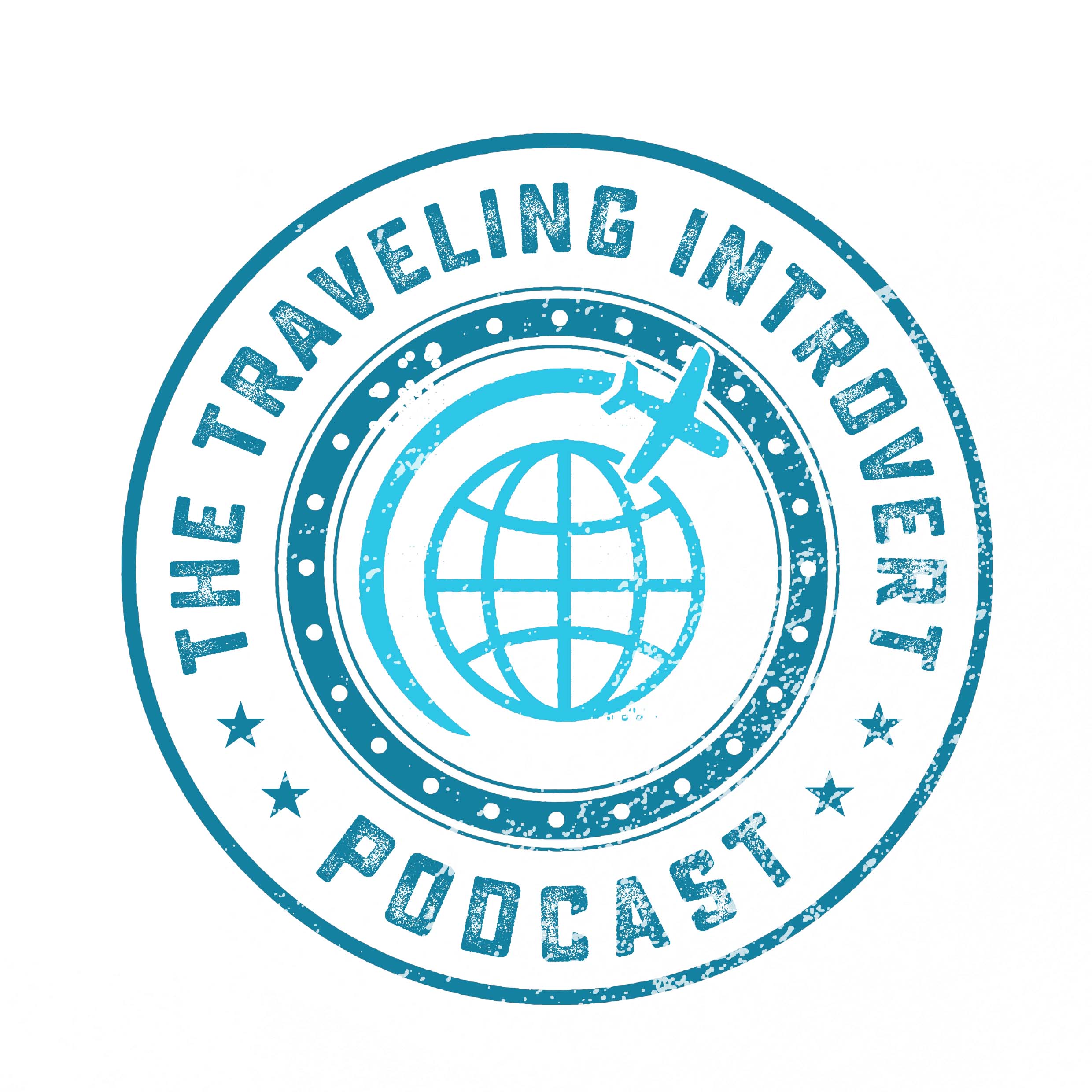Episode 287
The red flag of work life blending
Speaker 1 (00:01)
Hello, and welcome to the travelling introvert. Today I'm gonna talk about work life blending. So I was talking with a client the other day and this this conversation happened where they mentioned that a key executive of the organisation that they work with, they were at a leadership conference conference and this particular executive was like I don't want to talk about work life balance, I want to talk about work life blending. And this particular executive mentioned that even while they're on vacation, they made sure that they took an hour a day to look at their emails this way. They felt that they continued to be in the loop and also didn't feel the stress of having to play catch up when they came back after their vacation.
Speaker 1 (00:53)
So any organisation that mentions work life blending should be a huge screaming red flag. Work life blending to the point where you are always thinking about work unless you're like you're a founder, I get that, but you're just a director of an organisation or a manager of an organisation. Work life blending should not be something that your organisation talks about at their leadership conference. To the point because then the question there's a couple of questions here because when there is work life blending and you are taking an hour or two of each day of your PTO, in some countries that means you are actually working that day. That is not PTO.
Speaker 1 (01:46)
So what happens to that extra hour of PTO? Does it go back in your PTO bank? What goes on there? Also, this probably means that you are taking your work laptop with you on vacation. You could be working in a country that you're not supposed to be working in.
Speaker 1 (02:07)
Also it could mean that you have your work emails on your phone if you have a bring your own device policy connecting to an unsafe WiFi network, possibly while you are on vacation. Doubt you were going through the company VPN, but that's a different conversation to be had. The more important conversation is if any organisation tells you that they are all for work life blending run away.
Speaker 1 (02:40)
Work should not bleed into every aspect of your life, it sets. And the fact that there's an executive saying this means now that at a leadership summit means that now all the leaders are very much like oh, so I guess I need to put work email on my phone now and respond at all hours of the day or at least as quickly as possible. But this shows an inherent lack of planning and a lot of organisations do this. They don't have a plan for what to do when someone goes on vacation. How is their workload distributed?
Speaker 1 (03:17)
What happens to their email when they come back? Is it a soft landing or a hard landing? Most people come back and they're dreading the hundreds of emails that are going to be in their mailbox. Is there a way to mitigate that? Is there a way to let people know far enough in advance that they're going to be on vacation?
Speaker 1 (03:35)
Therefore they should email somebody else having a backup, making sure that backup human is trained on whatever has to happen next. Or very much like this person's on vacation for a week, everything else is going to be on pause. So this other person isn't overloaded just because someone is on vacation. It's all about workload balance. It's a workload balance and a lot of managers and organisations don't even think about it.
Speaker 1 (04:04)
And it's something that is really, really important. Also, when people go on maternity leave, if you have maternity leave and you go, what happens? Do the rest of your team just get overloaded? Does the work get spread out and do people get extra time off? What happens?
Speaker 1 (04:17)
It's all about the planning and organisations are really good for planning about when they get work and projects, but not for when people have to need to deserve to take time off. So companies out there, I challenge you, show me your plans, what you do when people take time off, whether it's expected or unexpected, what do you have in the pipeline? What do you have as a plan, as an SOP, as a guideline for what happens when people take the time off they deserve and they need to come back and be productive for your organisation. Thank you for listening. This is Janice, at, the career introvert, helping you build your brand and get hired.
Speaker 1 (05:00)
Have a great rest of your week.



